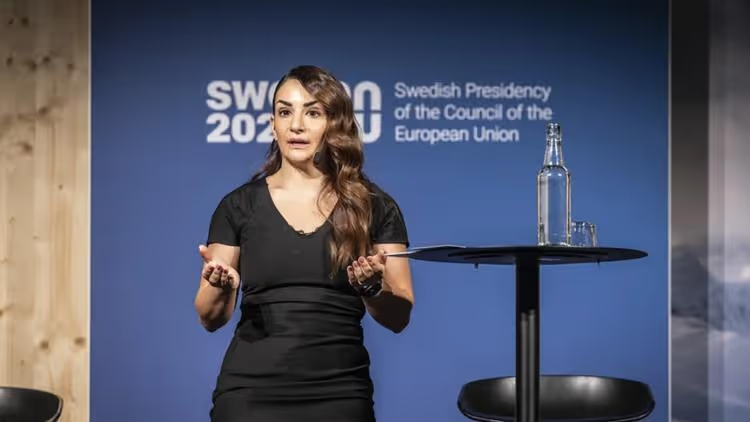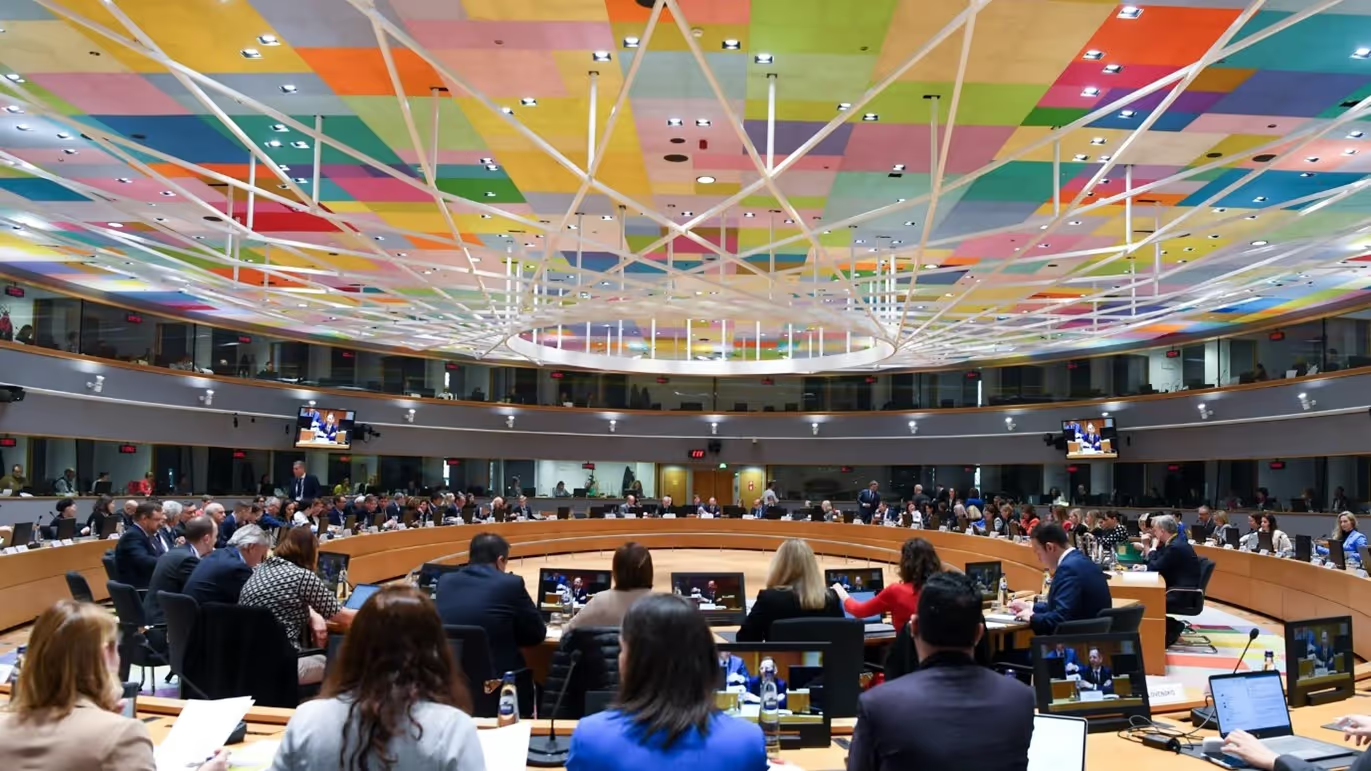The Council of the European Union acknowledges the crucial role and protection needs of artists at risk

‘At-risk and displaced artists’, their work and protection needs were high on the agenda of the Council of the European Union, with 23 conclusions approved and signed by all 27 European Union Member States.
During their Education, Youth, Culture and Sport meetings on 15th and 16th of May 2023, the Council of the European Union recognised the importance of creative and cultural rights in upholding and promoting democracy within the EU and globally. With artistic rights and free expression high on the agenda of the Spring 2023 Swedish Presidency, the Council of the European Union highlighted the vital work of ‘at-risk and displaced artists’ in fostering peace, pluralism, freedom, and cultural diversity. It also called on the 27 EU Member States to consider offering more short- and long-term support and protection for artists at risk.
In the context of the ongoing war in Ukraine, the ministers of all 27 EU member states signed and approved a document with 23 conclusions on ‘at risk and displaced artists’. In the document, the Council welcomes ongoing initiatives supporting freedom of expression, such as the work of Creative Europe in welcoming Ukrainian artists and journalists. Yet, and very remarkably, the Council also underlines the necessity for more options and routes to protection for ‘at-risk and displaced artists’ from around the world, inviting EU Member States to ‘enhance their capacity to offer safe havens and Cities of Refuge’. Through institutional and legal frameworks, the Council proposes a holistic approach to welcoming artists and their families and providing them with opportunities to ensure they can continue their work in their new communities.

ICORN’s Executive Director Helge Lunde commented on the news:
‘With its more than 20 member cities, Sweden has long been a vital stronghold for ICORN. We are deeply impressed by the way the country has used their Spring 2023 Presidency of the Council of the European Union to emphasise the values of free expression and artistic freedom globally. ‘Free to Create’ was the theme of the EU conference on artistic freedom and creative industries in Umeå in February, and when the Swedish Arts Council headlined the World Summit for Arts and Culture in Stockholm early May with ‘Safeguarding Artistic Freedom’, the EU Council’s important conclusions on at risk and displaced artists on 16th May had been thoroughly researched and prepared.’
ICORN welcomes the Council of the EU’s conclusions and looks forward to concrete actions from the EU, and the individual EU Member States which signed the document.



